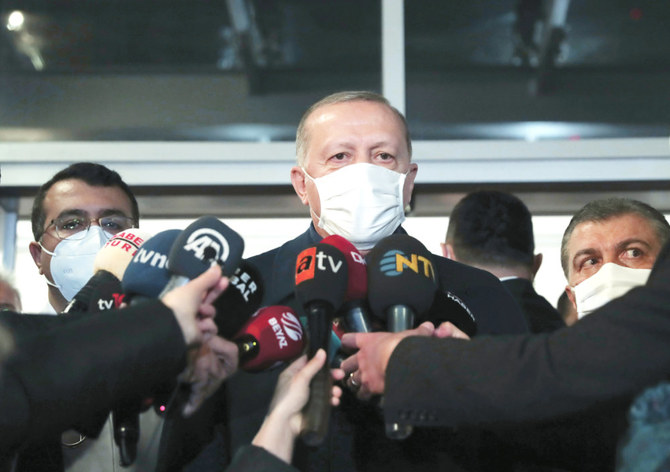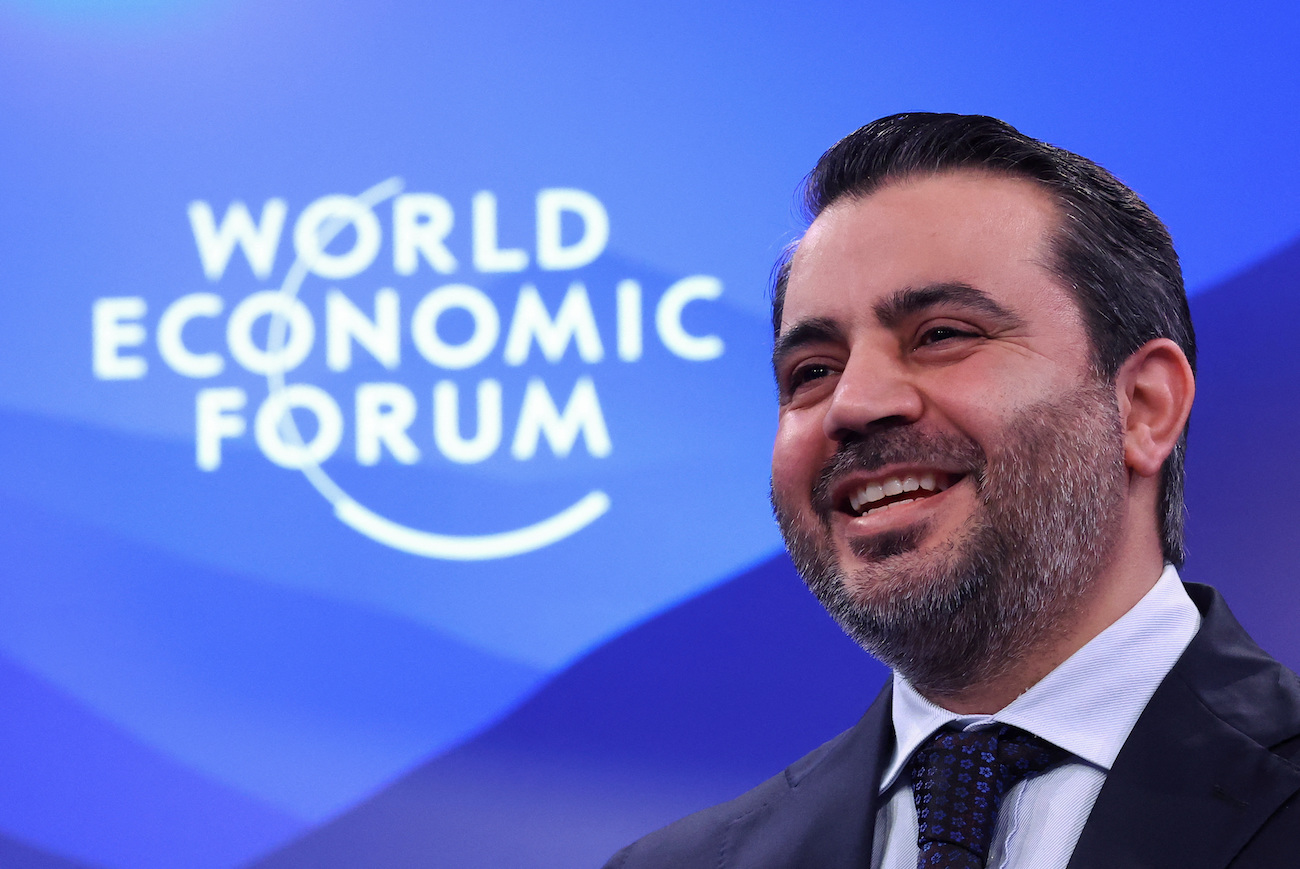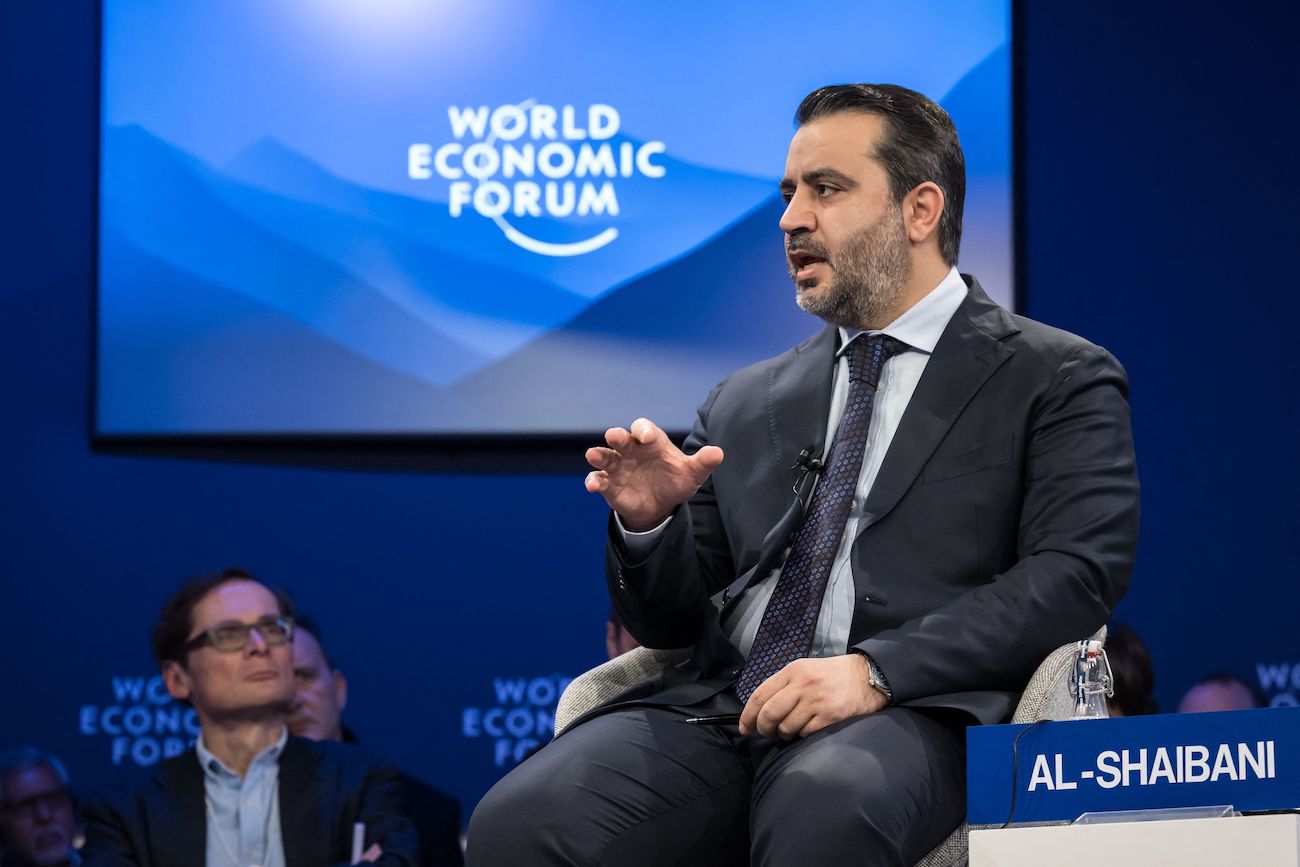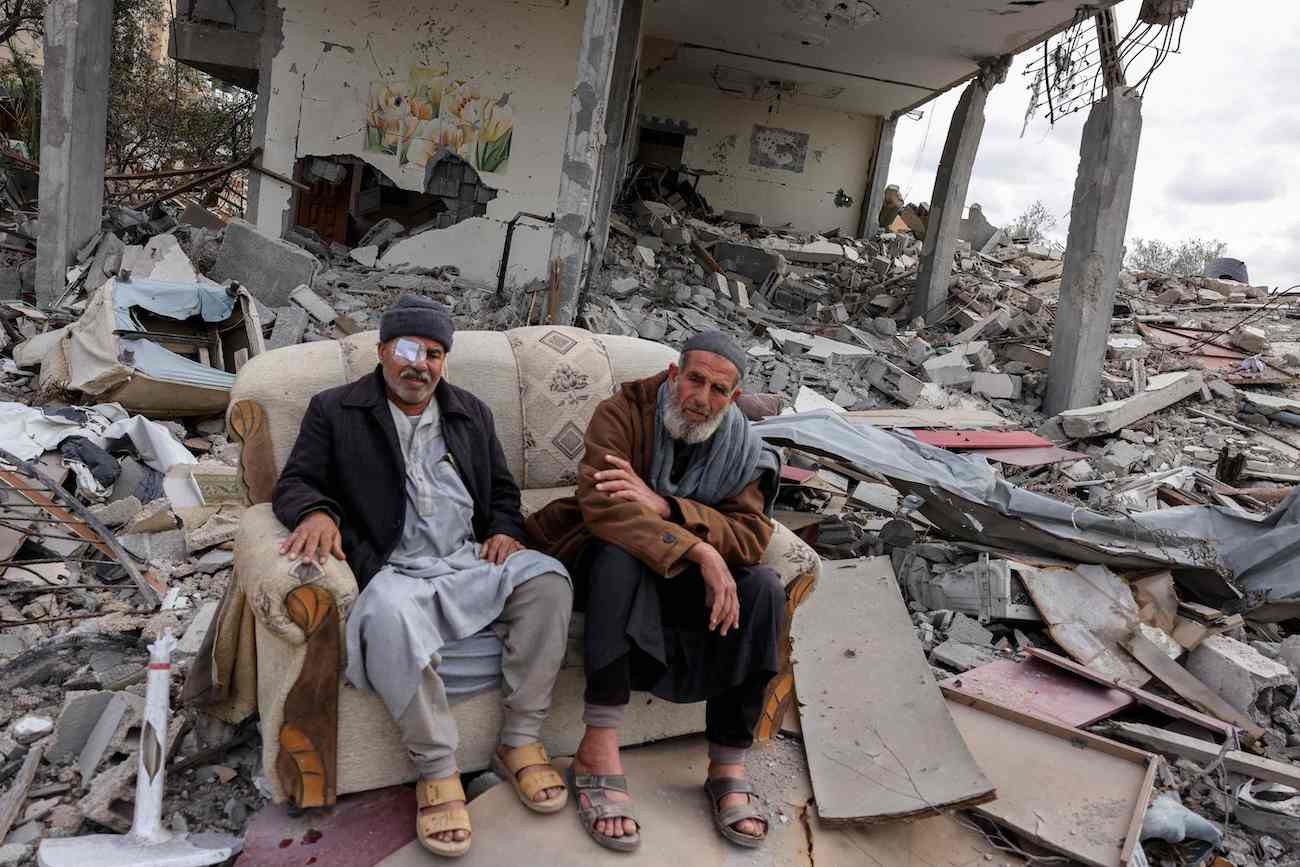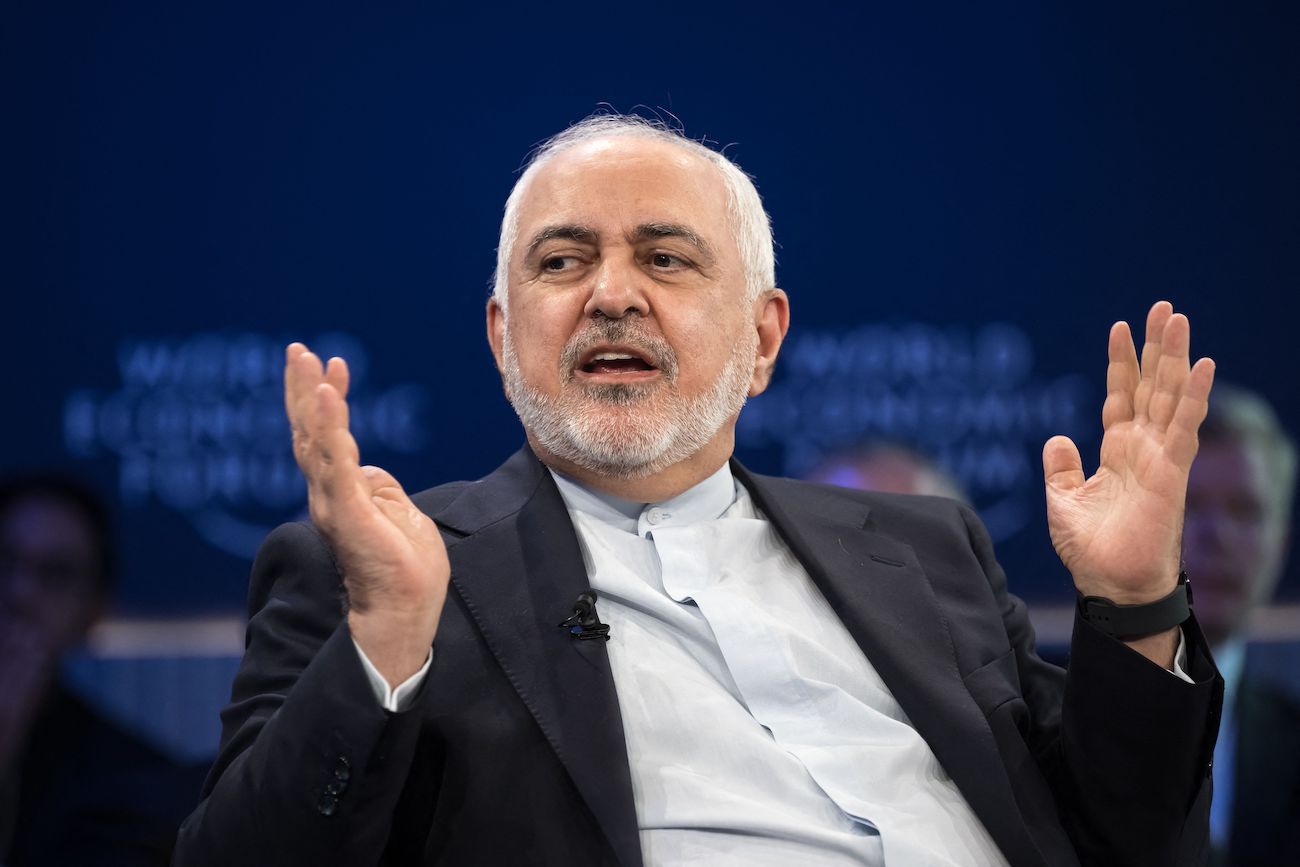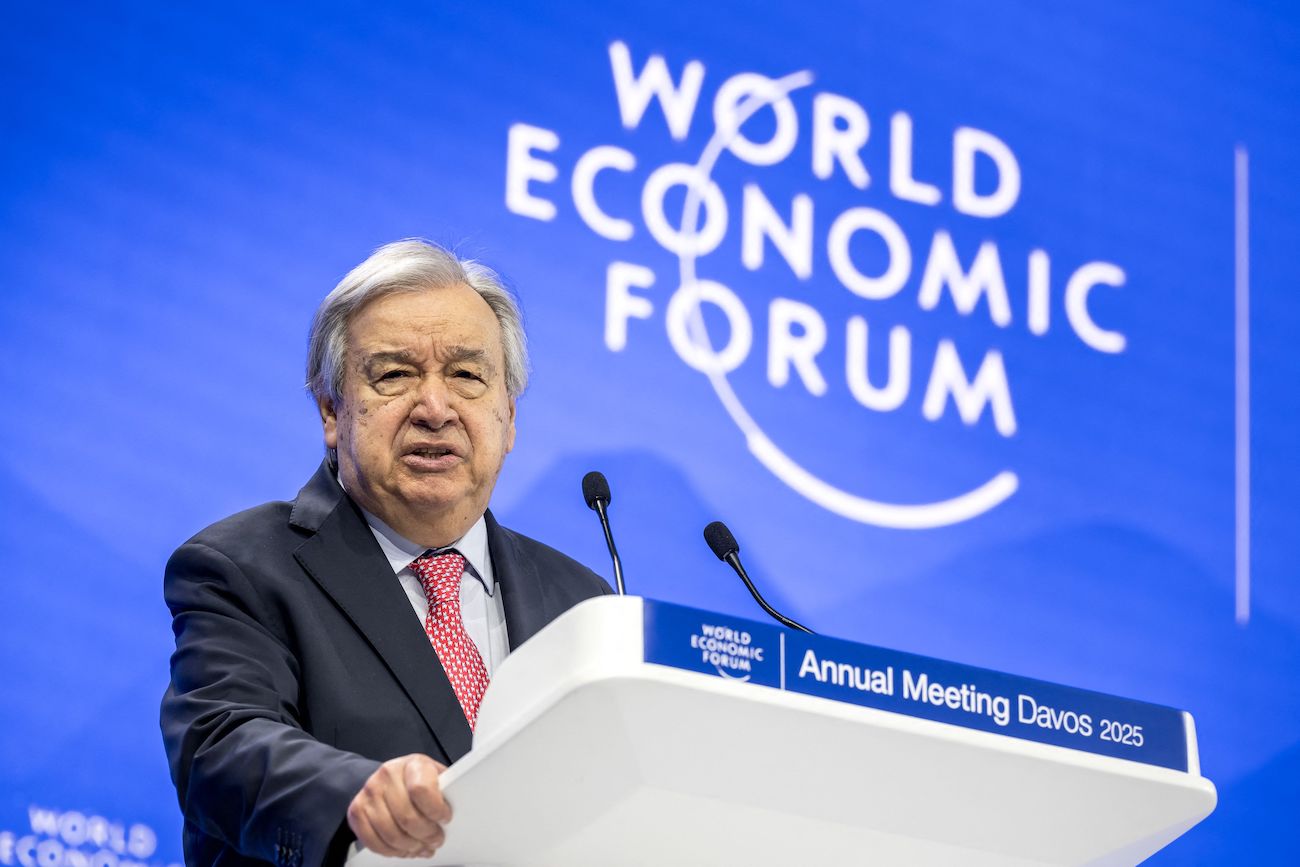ANKARA: Human Rights Watch (HRW) released its World Report 2021 on Jan.13 and its chapter on Turkey highlights the country’s increasing crackdown on human rights over the past year.
The New York-based watchdog criticized the Turkish government for using the COVID-19 pandemic as a pretext for increasing authoritarianism by silencing dissident views and adopting legislation that further sidelined opposition parties.
HRW asserts that the ruling Justice and Development Party (AKP) further consolidated its authoritarianism in part by adopting a law on early prison release in April that excluded political prisoners, including journalists and politicians.
The report also highlights restrictions on social media adopted in July that allow the government to further monitor alternative media channels on which opposition views were being freely expressed and fine them for not removing or blocking content when told to do so.
A legal change in the structure of independent bar associations further undermined judicial independence in the country because the new law was designed to “reduce the institutional strength of Turkey’s largest bar associations, which have strongly criticized Turkey’s backsliding on human rights and the rule of law,” according to the report.
HRW also criticized a law that was passed at the end of 2020 giving the Interior Ministry the right to perform annual inspections of the activities of nongovernmental groups and to suspend board members if those activities are found to be unlawful.
The report also highlighted the ongoing pre-trial detention of human rights defender Osman Kavala and the former co-chairs of the pro-Kurdish Peoples’ Democratic Party (HDP) Selahattin Demirtas and Figen Yuksekdag.
“Executive interference in the judiciary and in prosecutorial decisions are entrenched problems, reflected in the authorities’ systematic practice of detaining, prosecuting, and convicting on bogus and overbroad terrorism and other charges, individuals the (President Recep) Erdogan government regards as critics or political opponents,” it noted.
Berk Esen, a political scientist from Sabanci University in Istanbul, agrees with the report’s claims that the Turkish government has used the COVID-19 pandemic to widen its authoritarianism.
“This is not surprising, because other populist governments have similarly used the pandemic as a pretext to expand their judicial and political powers, while stifling the opposition,” he told Arab News. “The social media law has brought into question the long-term viability of social media as a potential ground for opposition, while the recently enacted civil society law may further challenge the few genuine civil society organizations that are not controlled by the ruling party.”
Esen believes that Erdogan’s government is attempting to limit opposition before calling new elections.
“The AKP is hemorrhaging (supporters) amid the worsening economic situation in the country. This has limited Erdogan’s room for maneuver and left him weakened vis-a-vis his nationalistic coalition partner. With sanctions by the EU and the US still on the table, the government does not have many options left heading into 2021,” he said.
But the New Year doesn’t seem to hold out much hope of a new Turkey in terms of human rights. A presidential decree issued on Jan. 6 provided Turkish police with increased military and intelligence resources to crack down on public demonstrations that “seriously threaten national security and public order.”
The decree coincided with violent clashes between students of Istanbul’s Bogazici University and the police over Erdogan’s appointment of a loyalist as the rector of the university. Several students were taken into custody for attending the protests, with some arrested in nighttime house raids. And on the same day as the launch of HRW report, a lawsuit was filed against journalist Melis Alphan for posting a photograph from the 2015 Newroz celebrations in the southeastern province of Diyarbakır, even though that celebration was legal and broadcast across mainstream TV channels at the time. The image featured the flag of the Kurdistan Workers Party (PKK), and Alphan now faces up to seven years and six months in prison on charges of spreading terrorist propaganda, as the PKK is classified as a terrorist organization by Ankara.
“All recent talk of judicial reform, a human rights action plan and Turkey’s place being in Europe will be utterly hollow unless the president makes it absolutely clear that Turkey is ready to comply with rulings of the European Court of Human Rights,” Emma Sinclair-Webb, director of Human Rights Watch Turkey, told Arab News. According to Sinclair-Webb, releasing Kavala and Demirtas from prison — in line with the rulings of the European Court of Human Rights — should be the first item on a long agenda for 2021.
“We want to see the government drop the new social media law, which is all about deepening online censorship, and the new law that allows massive restriction of NGOs in the name of combatting the financing of the proliferation of weapons of mass destruction,” she said.
While creating an independent judiciary will take years, Sinclair-Webb noted that as a first step the government needs to drop the pervasive misuse of the charge of membership of a terrorist organization against people with no material link to armed groups.


